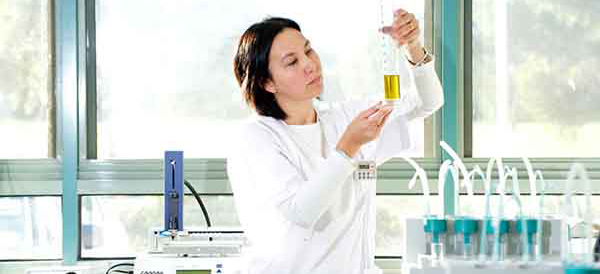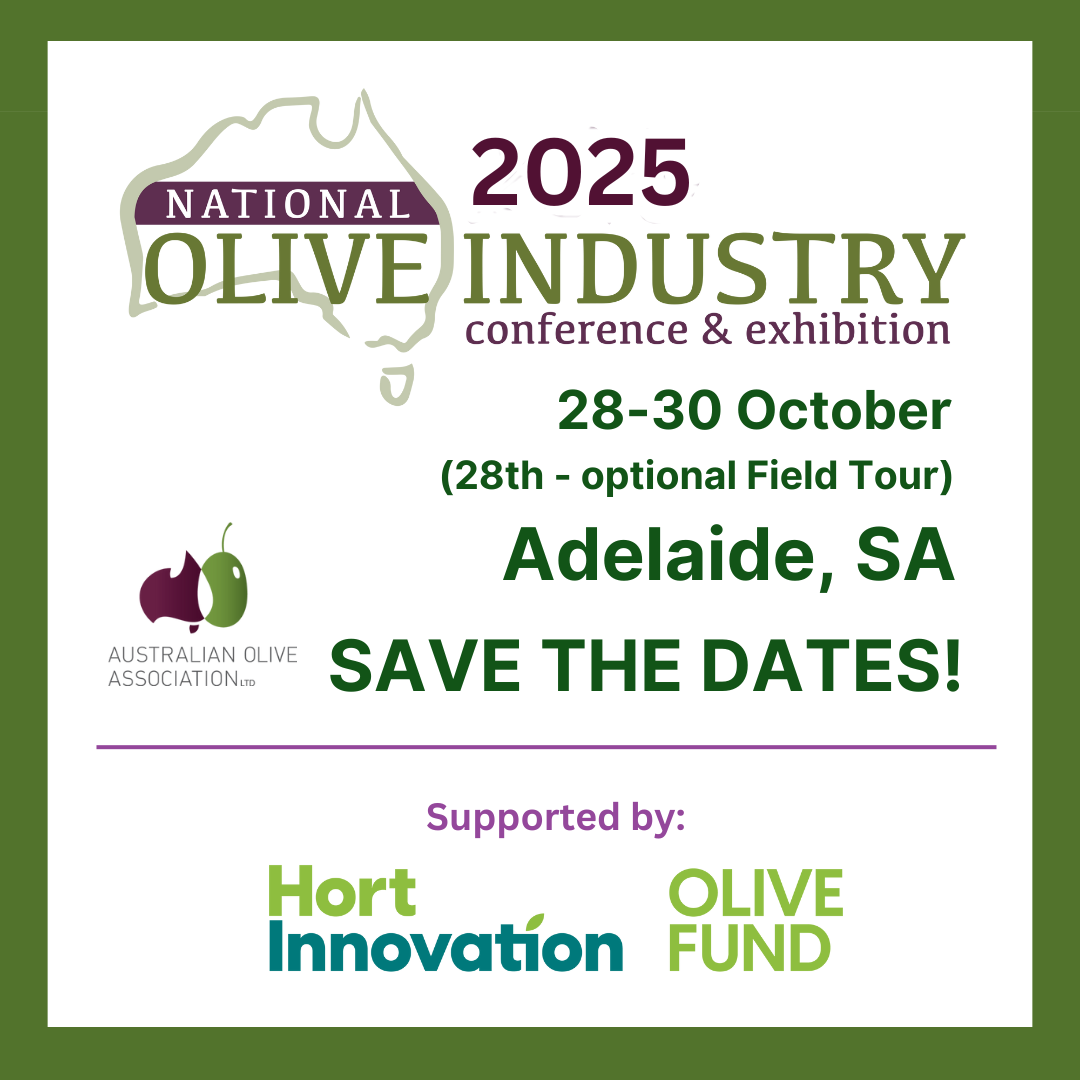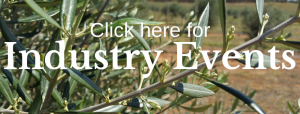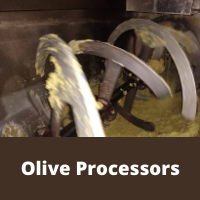
Claudia Guillaume from Modern Olives Laboratory has represented Australia at the last two International Olive Council’s chemists’ meetings.
Local olive growers are expanding and strengthening Australia’s influence as a producer on the world stage, through funding an accredited chemist to speak on their behalf at the International Olive Council’s (IOC) chemists’ meetings.
The meetings are held twice a year by the IOC and cover the technical analysis, grading and regulation of olive oil globally, covering industry issues such as the development of a best before date, testing procedures for phthalates, and the harmonisation of international standards.
Award-winning Victorian chemist Claudia Guillaume from Modern Olives Laboratory Services has represented Australia at the IOC chemists’ meetings for the past two years, through the support of the project International Olive Council Committee (OL15002), a strategic levy investment under the Hort Innovation Olive Fund.
Claudia says taking part in global discussions is extremely beneficial to the local industry.
“Australia is a new olive industry and that gives us a different view to some of the more traditional countries – they don’t see us as a competitor because we’re less than 1 per cent of the world market, but we have a lot of expertise and good resources in terms of technology and research, so they respect us,” Claudia said.
“Participation also helps to ensure Australian olive growers and other industry stakeholders are prepared for any changes to international regulations that may affect trade, and that our accredited laboratories that certify domestic products can continue achieving international accreditation.”
Claudia is also the official Australian observer at the IOC, allowing her access to member materials and a seat at the table for face to face meetings, but not to a vote.
Key issues discussed at last September’s meeting of chemists in Madrid, Spain were the harmonisation of olive oil testing standards by the world body, Codex Alimentarius, and devising a test for phthalates, a group of chemicals used to soften and increase the flexibility and durability of plastic and vinyl.
“Our olive industry developed its own trade standards for olive oils in 2011 and has joined other observers such as the United States in working groups to ensure Codex implements the harmonisation of standards that are relevant to the modern industry,” Claudia said.
On the issue of testing for phthalates, Australia joined forces with France, an active member of the IOC, to present their research to the International Standardisation Organisation (ISO).
“Our methods were very similar, so we agreed to join France and present one test to the ISO. The final method was accepted and it is in the process of validation, which is likely to take another 12 months,” Claudia explained.
A third issue of concern to Australian growers is the development of a best before date to signify optimal shelf life for olive oil, but Claudia says this is unlikely to be decided in the near future.
“In 2016 the European Union’s research and innovation program Horizon 2020 allocated $6 million for research into the adulteration and quality of olive oils, which includes the best before date,” she said.
“At the last two IOC meetings there has been research presented but it has nothing to do with telling the producer how to predict shelf life. It’s just guidelines for best practice in olive oil handling, covering basic stuff that most people know already.
“It is surprising because Australia, California and South Africa already have methods in their standards for ensuring the freshness of the oil, which is the only way to tell whether producers are sending us old oil or stamping it with an incorrect best before date.”
As an expert chemist who trained in Argentina and studied olive oil analysis in Spain before making her home in Australia, Claudia recognises the importance of patience and perseverance in effecting change.
“It is challenging and demanding to achieve significant changes in the regulations or methodologies as the transition is very slow, but we have to be respectful of other countries and opinions and continue to participate, discuss and debate the importance of the chemical and sensory issues that are critical to our industry.”
This project has been funded by Hort Innovation, using the olive research and development levy and contributions from the Australian Government. Hort Innovation is the grower owned, not-for-profit research and development corporation for Australian horticulture.



